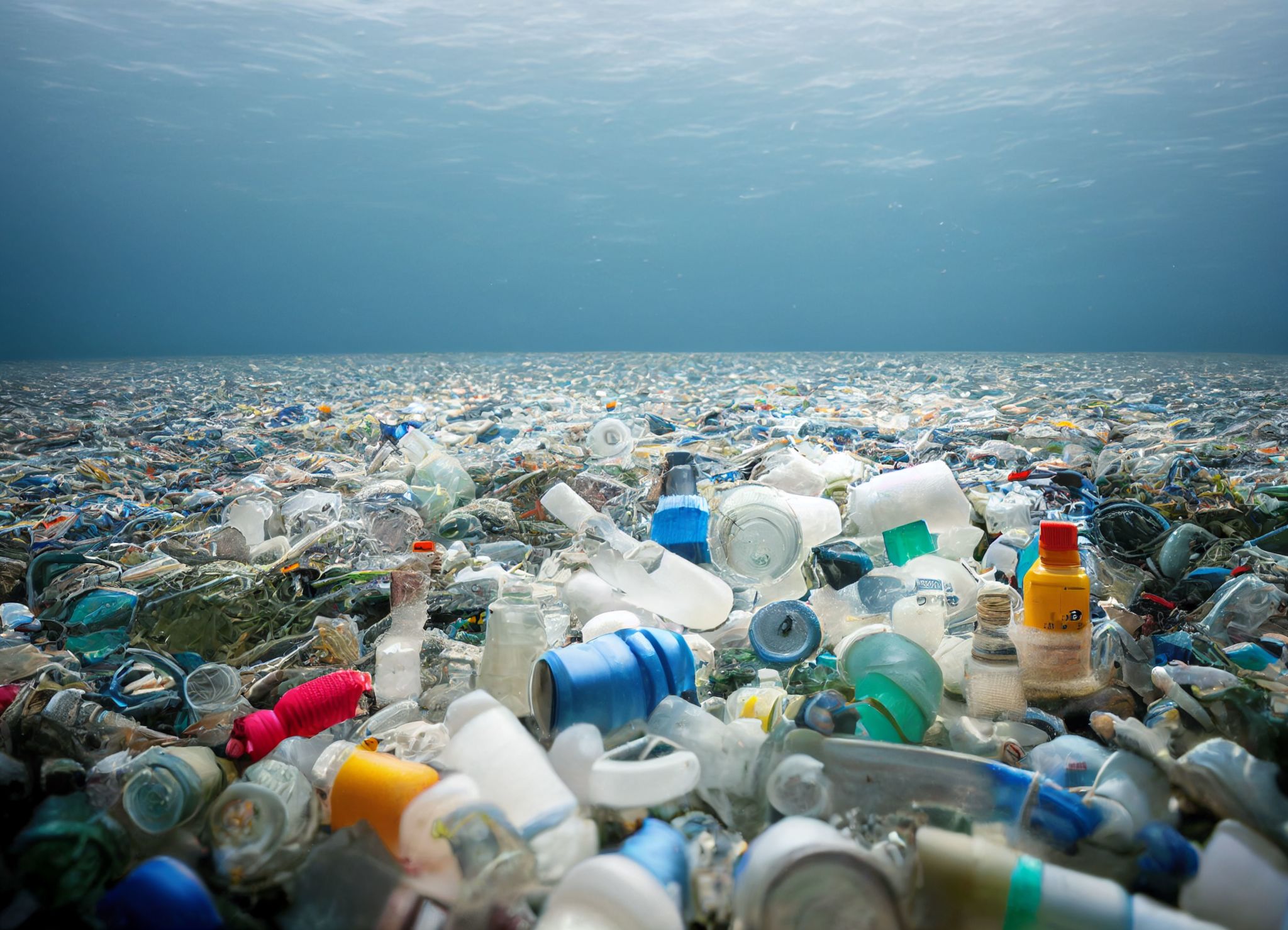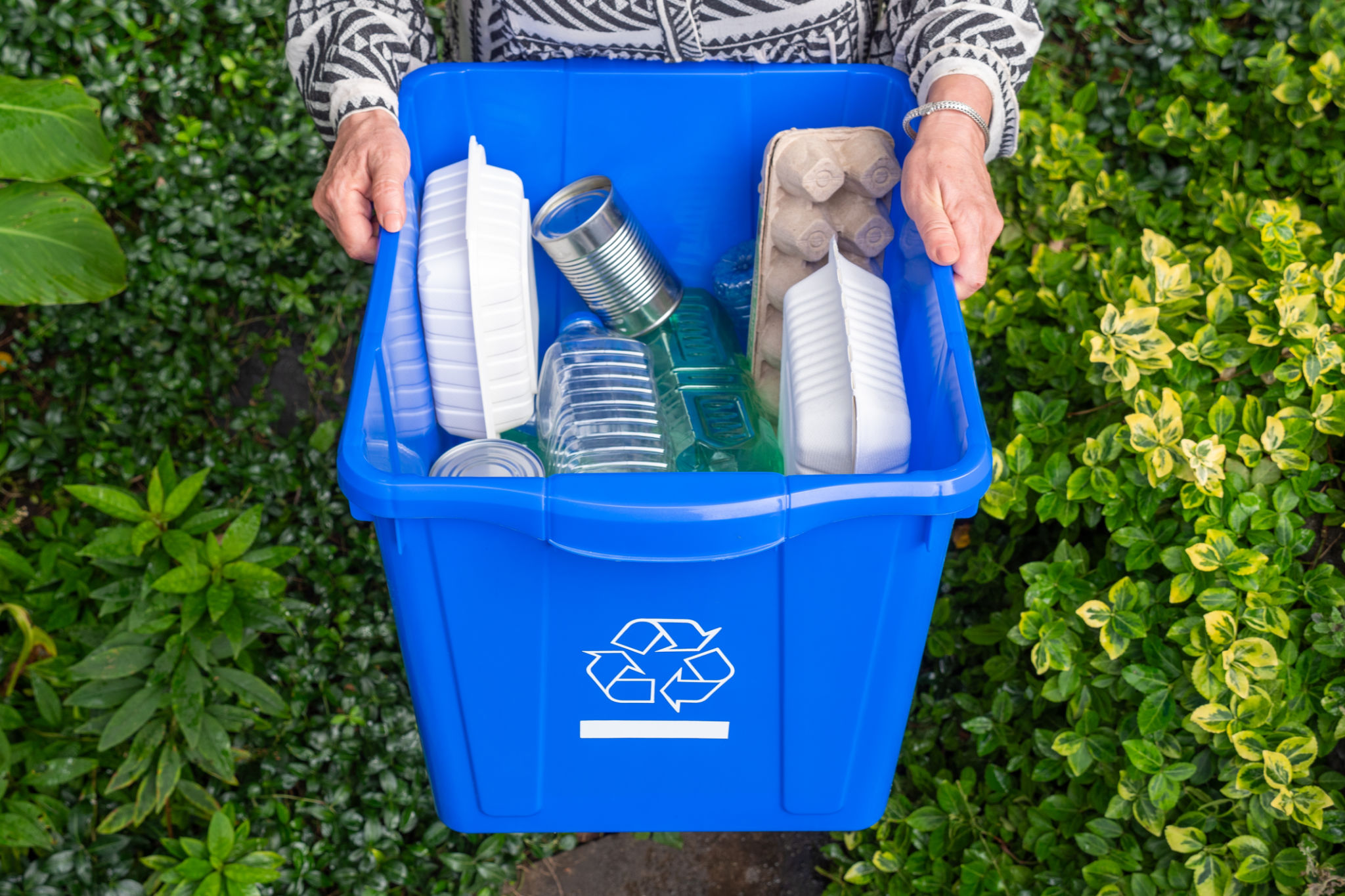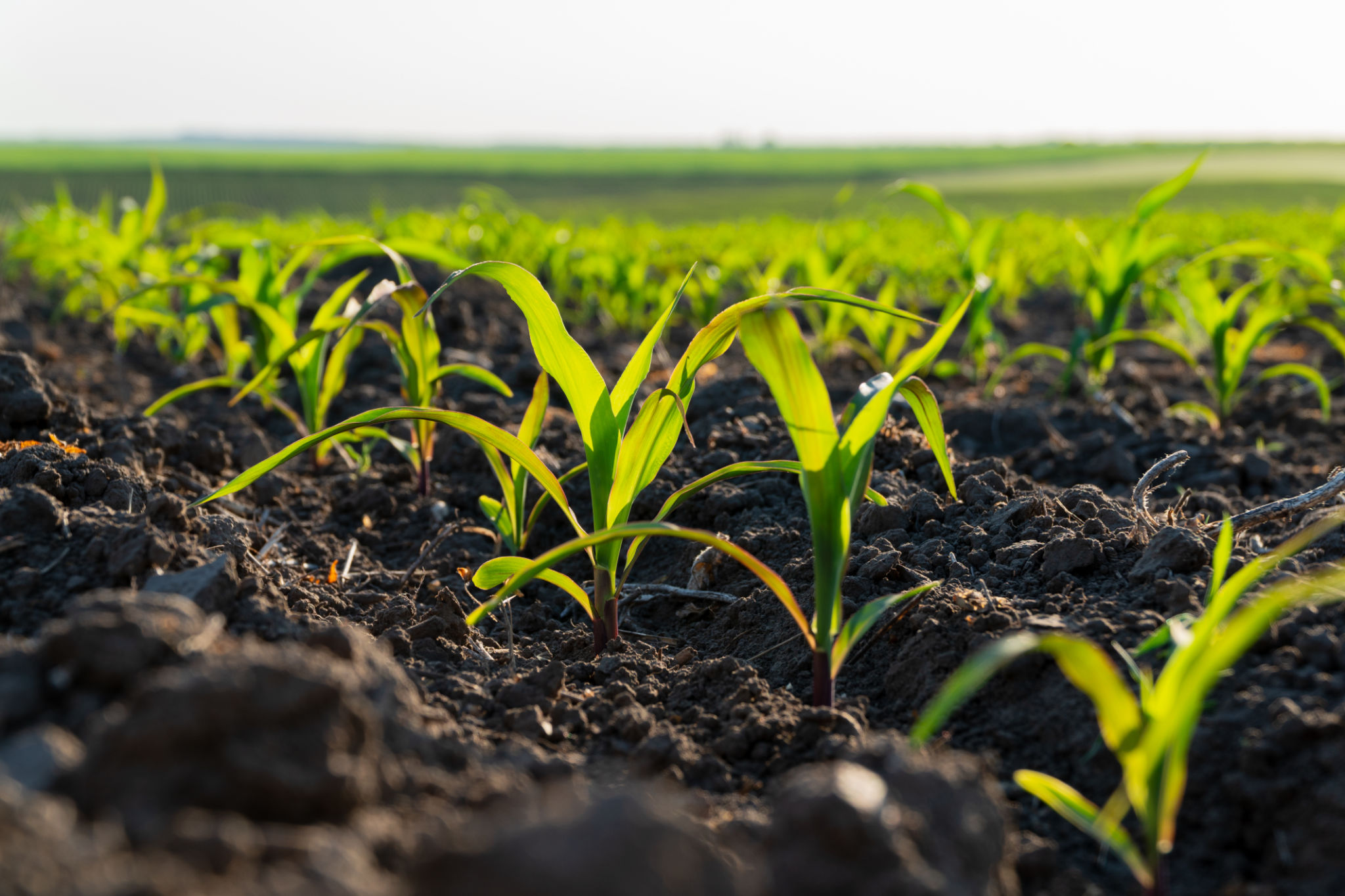Why Reducing Plastic Waste is Essential for Future Generations
The Growing Concern of Plastic Waste
Plastic waste has become a significant environmental issue, affecting ecosystems across the globe. With millions of tons of plastic produced each year, a large portion ends up in landfills or, worse, in our oceans. This rampant pollution poses threats not only to marine life but also to human health and the environment. Reducing plastic waste is not just an environmental concern; it is a necessity for the well-being of future generations.

The Impact on Marine Life
Marine life is among the most affected by plastic pollution. Every year, countless marine animals die due to ingestion or entanglement in plastic debris. Sea turtles, birds, and fish often mistake plastic for food, leading to fatal consequences. This disruption in marine ecosystems can result in a domino effect, impacting biodiversity and the health of our oceans.
Human Health Risks
Plastic waste doesn't disappear; it breaks down into microplastics that infiltrate our food and water sources. These microplastics are consumed by marine organisms and eventually make their way up the food chain, potentially ending up on our plates. The long-term health effects of ingesting microplastics are still being studied, but the presence of toxic substances in plastics poses a significant risk.

Economic Implications
The economic costs of plastic waste are staggering. Governments and organizations spend billions annually on cleaning up plastic pollution and mitigating its effects. Additionally, tourism industries suffer as beaches and natural sites become polluted with plastic debris. By reducing plastic waste, we can redirect these resources towards more sustainable initiatives that benefit society as a whole.
Steps Towards a Sustainable Future
To tackle plastic waste effectively, both individual and collective actions are necessary. Here are some strategies that can make a significant difference:
- Reduce and Reuse: Minimize single-use plastics by opting for reusable alternatives like cloth bags and metal straws.
- Recycle Properly: Understand your local recycling guidelines to ensure that plastics are disposed of correctly.
- Support Legislation: Advocate for policies that aim to reduce plastic production and improve waste management systems.

The Role of Education and Awareness
Educating communities about the dangers of plastic waste is crucial in fostering a culture of responsibility and change. Awareness campaigns can highlight the importance of reducing plastics and motivate individuals to adopt eco-friendly habits. Schools, media, and environmental organizations play a pivotal role in spreading this knowledge.
Innovative Solutions and Technologies
Innovations in technology offer promising solutions to tackle plastic waste. From biodegradable materials to advanced recycling techniques, these developments hold the potential to revolutionize how we manage plastics. Supporting research and investing in these technologies is essential for creating a sustainable future.
A Collective Responsibility
Reducing plastic waste is not an isolated task but a collective responsibility that requires global cooperation. By working together, individuals, communities, businesses, and governments can create lasting change. Every small action contributes to a larger movement towards preserving our planet for future generations.
As we look to the future, the choices we make today will determine the legacy we leave behind. Embracing sustainable practices and reducing plastic waste is essential not just for us but for the generations that will inherit this world.
